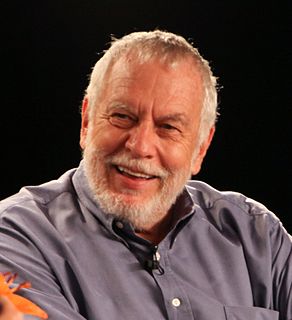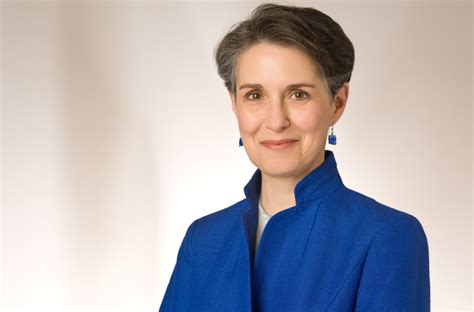A Quote by Josh Linkner
In the business world, there are systems and processes for just about everything else. Yet creativity and innovation, arguably THE most important aspects of progress, are often left to happen by chance. The system provides a scaffolding for creative support and exploration, yet is open enough to avoid curbing creativity or outputting cookie-cutter solutions.
Quote Topics
About
Arguably
Aspects
Avoid
Business
Business World
Chance
Cookie
Creative
Creativity
Creativity And Innovation
Else
Enough
Everything
Everything Else
Exploration
Happen
Important
Innovation
Just
Left
Most
Often
Open
Processes
Progress
Provides
Scaffolding
Solutions
Support
System
Systems
Systems And Processes
The Most Important
World
Related Quotes
Innovation is a subset of creativity. Innovation often deals with product launches and is often relegated to the C-suite or to heads of R&D departments. Innovation requires creativity, but creativity is something that is much more broad. It applies to people at all levels of an organization. Today, we all are responsible for delivering "everyday creativity". Small creative acts that add up to big things.
The more I do this creative work teaching the "Personal Creativity in Business" course at Stanford the more I realize that business is about people in groups being creative in their own way. If business creativity does not allow individual development, then it isn't sustainable. But if business creativity means people bringing out their best and developing that, then amazing things can happen - not only for the business but also more importantly for the individual and the surrounding community.
I don't know where creativity comes from, but I think everybody has the ability to be creative. I think what's important about creativity starts when you're very young and how we're allowed to experience our imagination. The people who bring us up and teach us are fundamental in either encouraging creativity or discourging creativity. My imagination was always encouraged.
People equate job titles to levels of creativity. We think that musicians are creative while accountants are not. Job title has nothing to do with human creativity. In fact, we all have enormous creative potential. Even those that often state with authority that "I'm not creative." With a systematic approach to building creative capacity, we all have the opportunity to create and leave a mark on the world.
Someone once said that innovation is a done idea. I agree. I believe that creativity is the individual development and conceptualization and that innovation in an organizational sense is implementing ideas and intentions that come from that creativity. So in a sense, creativity is more a leadership function and innovation is more a managerial function.
Creativity is the generation and initial development of new, useful ideas. Innovation is the successful implementation of those ideas in an organization. Thus, no innovation is possible without the creative processes that mark the front end of the process: identifying important problems and opportunities, gathering relevant information, generating new ideas, and exploring the validity of those ideas.
There's real "right brain" creativity that goes into all of the organizational processes that a company utilizes and must continually reinvent in order to conduct its business. But there are also the "left brain" accounting functions that must continually ask how the company is doing financially and whether the creative processes are working for the bottom line.
































